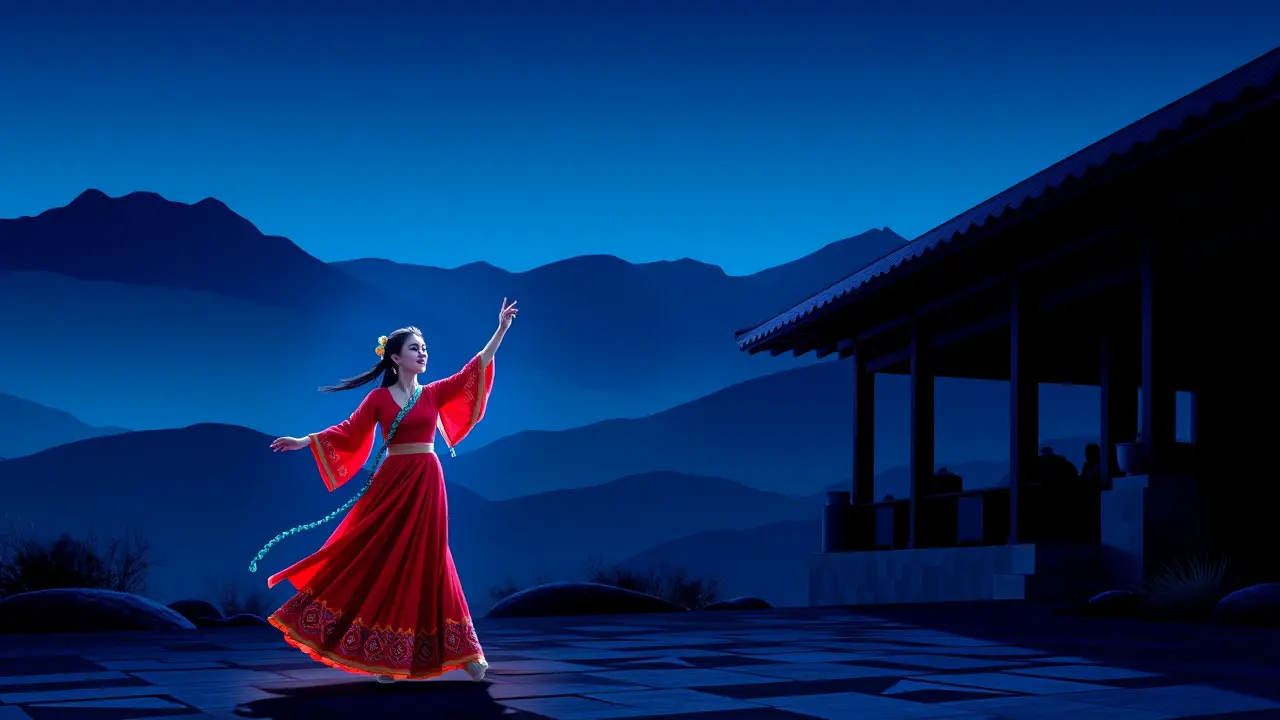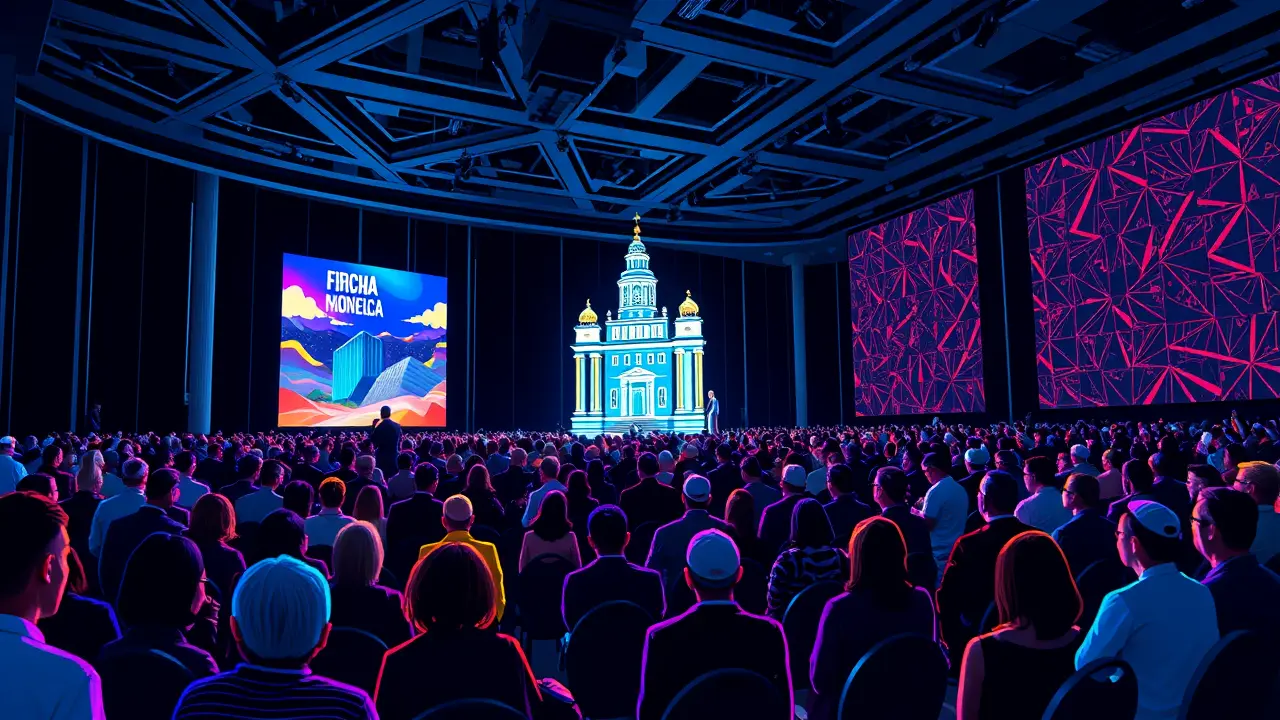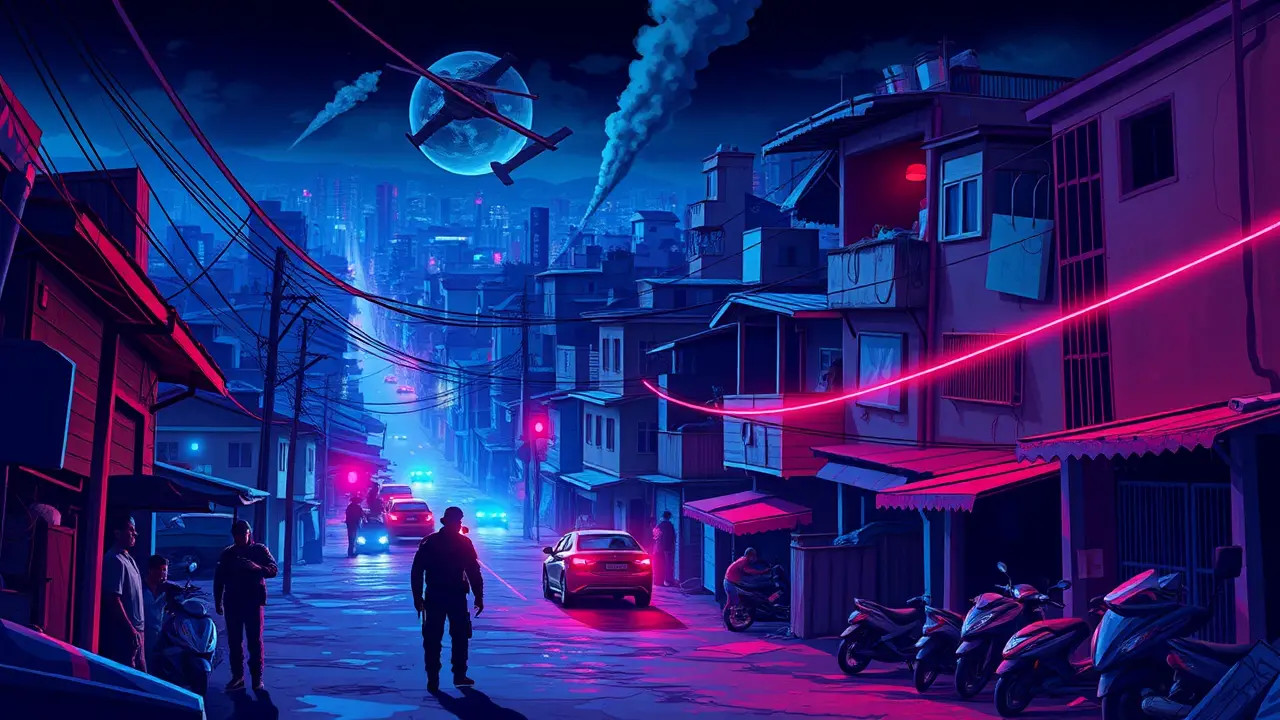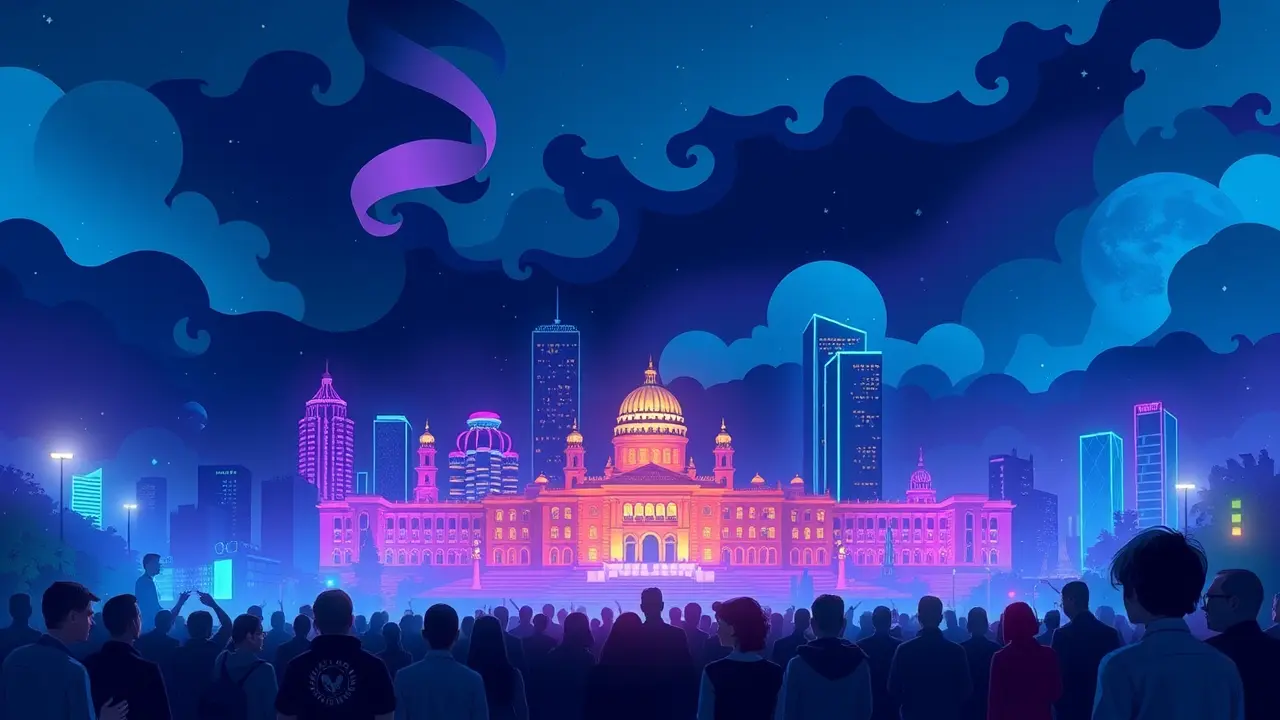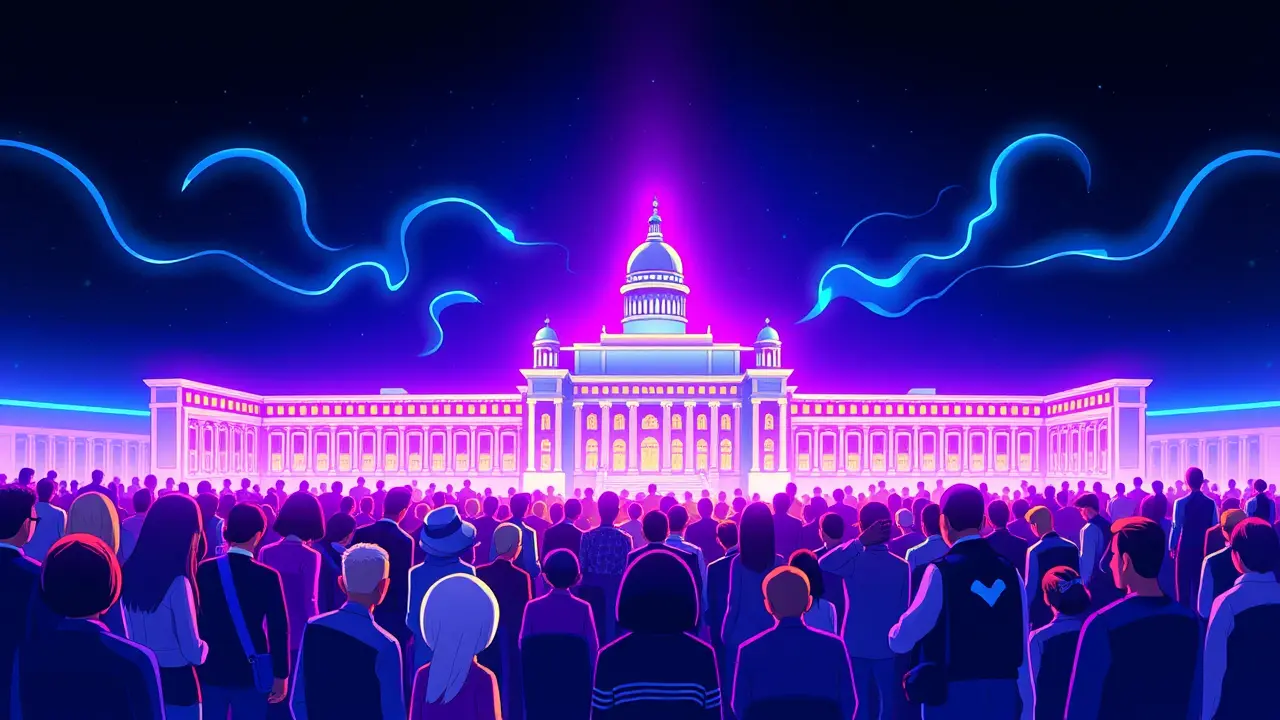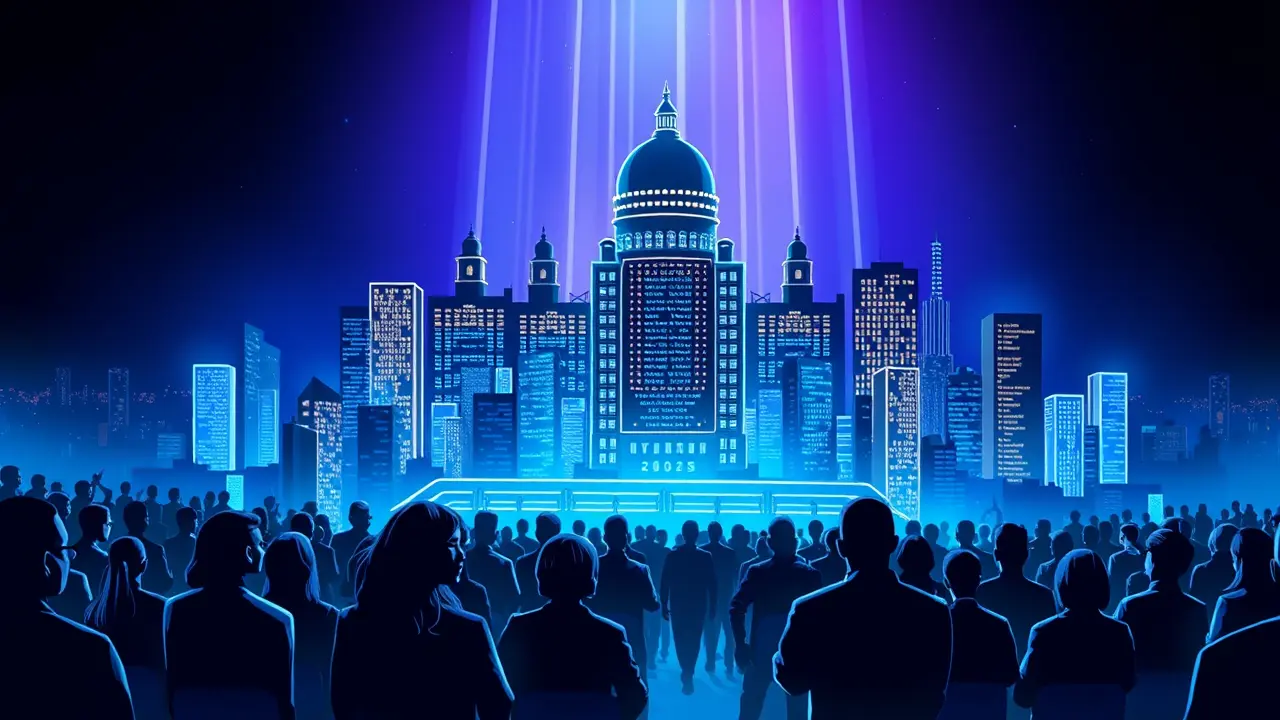
Politicshuman rights
Internet Compares Malala and Greta's Activist Paths
AN
Anna Wright
4 hours ago7 min read4 comments
The digital arena has become an unexpected coliseum for the legacies of two of our era's most prominent young activists, Malala Yousafzai and Greta Thunberg, whose diverging paths illuminate a profound shift in the expectations the global left holds for its champions. Where Yousafzai, the Nobel laureate who once stared down Taliban brutality for the right to education, now appears on TikTok with Jimmy Fallon, lip-syncing to pop mashups and promoting a memoir, Thunberg has been dragged by her hair and detained by Israeli forces while attempting to deliver humanitarian aid to Gaza.This stark contrast has not gone unnoticed; it has ignited a stan war that treats profound political commitment as a form of celebrity fandom, reducing complex lives to a binary of 'sellout' versus 'true revolutionary. ' Yet, beneath this superficial pitting of women against each other lies a deeper, more telling narrative about the evolution of activism itself.Yousafzai’s journey represents a model forged in an earlier, more institutional era—one of working within established systems, partnering with figures like Hillary Clinton, and leveraging mainstream media. This approach, however, has accrued significant baggage.Her collaboration with Clinton on the Broadway musical 'Suffs' was seen by many as a profound hypocrisy, given Clinton’s record on drone strikes in Pakistan and her staunch support for the Israeli government, a position that clashed directly with Yousafzai’s own calls for a ceasefire in Gaza. The backlash was swift and merciless, accusing her of 'both-siding' the issue and failing to adequately confront the power imbalance of occupation.In her home country of Pakistan, she has long been a polarizing figure, viewed with suspicion as a potential pawn of Western interests, a narrative she grapples with in her new writing, revealing the immense weight of a public persona constructed since childhood. Thunberg, conversely, has deliberately shed the palatability that once made her a Time Magazine Person of the Year.Her activism has radicalized, moving from the singular focus of climate strikes to embracing a wider, more contentious anti-establishment front, from the Saharawi refugee crisis to the factory workers' rights and now, most visibly, to directly challenging Israeli policy. Her recent ordeal—alleging force-feeding, deprivation, and psychological pressure while in custody—cements her status as an action hero for a generation that is increasingly disillusioned with liberal institutions and demands a more militant, confrontational form of resistance.This divergence is not merely a personal choice but a reflection of a fractured political landscape. The Obama-era optimism that once celebrated figures like Yousafzai has given way to an 'unsettled and increasingly authoritarian age' where compromise is viewed as complicity.Thunberg’s unwavering, on-the-ground solidarity fits the mood of a radicalized Gen Z that craves purity of purpose, while Yousafzai’s forays into celebrity culture and institutional partnership feel like a relic. The absurdity of this online contest, as Ryan Broderick of the Garbage Day newsletter notes, is that it applies the logic of pop star fandom to political leaders, a symptom of how stan culture has rotted our capacity for nuanced political engagement. Ultimately, the Malala-versus-Greta discourse is less about the women themselves and more a proxy battle over the very soul of contemporary activism—questioning whether change is best achieved from within the halls of power or from the flotillas challenging them.
#Malala Yousafzai
#Greta Thunberg
#activism
#stan culture
#featured
Stay Informed. Act Smarter.
Get weekly highlights, major headlines, and expert insights — then put your knowledge to work in our live prediction markets.
Related News
© 2025 Outpoll Service LTD. All rights reserved.






